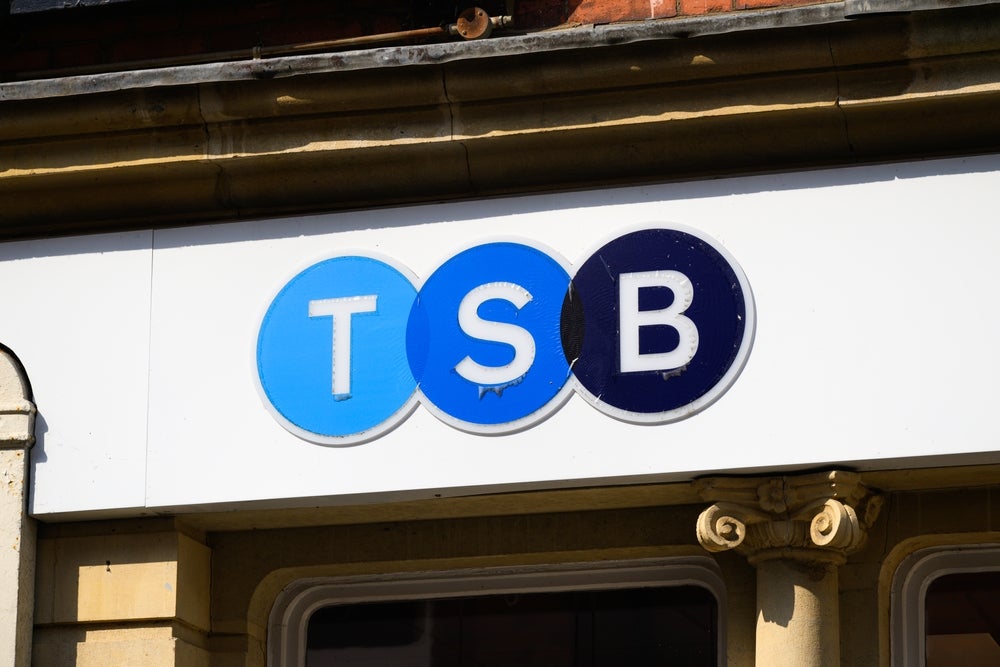
As the Bank of England increases its base rate for the 13th consecutive time – proving to be a divisive move for the finance industry – Ed Rimmer, Chief Executive at Time Finance, gives his thoughts on what this means for SMEs, their rising overheads and the long-term outlook for the economy.
Yesterday’s news that interest rates have risen to their highest level since 2008 was a shock for many reasons, not least because experts didn’t expect the increase to be as high as 0.5%. My immediate thought is that in the minds of most – particularly those who were badly affected by the global financial crisis 15 years ago – there will be a natural parallel drawn between what we’re facing now and 2008. But these two events are different and we need to acknowledge that. What we have currently is a much more nuanced picture of weakened economic growth caused by a whole host of global factors.
You can argue that the cause isn’t relevant; an unstable economy is an unstable economy, but I really do think the differences matter. It took a long time for things to recover in 2008, and our current situation is more optimistic. I have always held the view that if we’re not careful, we can talk ourselves into a recession; the more we debate it happening, the more cautious we are and the more inevitable it becomes. Obviously, caution isn’t the only catalyst to a recession, but it is the one we are collectively responsible for.
Why should businesses be optimistic?
The Bank of England’s decision yesterday was with one primary goal: to bring down inflation. It’s a big ask to expect SMEs to look at the long-term picture when their day-to-day costs are rising and they’re struggling to make ends meet, but the long-term picture is nevertheless important.
Also, key are the other indicators of economic stability. If we look beyond headline-grabbing negativity, there are some promising signs of strength. In April this year, Growth from Knowledge’s Consumer Confidence Index* showed a 6-point increase in consumer confidence compared to the previous year and according to the Office of National Statistics, retail spending rose in both April and May this year**.
So, while interest rates are rising, and this does have an impact, there are wider indicators of economic productivity and growth that should give businesses reasons to be optimistic.
How well do you really know your competitors?
Access the most comprehensive Company Profiles on the market, powered by GlobalData. Save hours of research. Gain competitive edge.

Thank you!
Your download email will arrive shortly
Not ready to buy yet? Download a free sample
We are confident about the unique quality of our Company Profiles. However, we want you to make the most beneficial decision for your business, so we offer a free sample that you can download by submitting the below form
By GlobalDataHow can the finance sector help?
While I advocate positive thinking, I am not saying this optimism should be blind. The reality for a lot of businesses is that managing day-to-day outgoings is a challenge. Even those that are able to look into the future with confidence and hope will be working hard to balance the books while having their bottom line squeezed by increasing rents and high energy and labour costs.
As always, alternative finance lenders need to be there to support businesses where traditional lending becomes more risk-averse and quite frankly, falls short. Our job is to help businesses realise their ambitions; for some, this is growth and innovation, but for many, it is simply to continue trading until they are able to once again look more long-term.
At the start of this year, we saw some really worrying figures on business insolvency in 2022. There is always a natural cycle to this, but the figures should never be this high. There will have been a considerable amount of viable businesses that folded last year that would have had a greater chance of survival with the right finance in place. That is what we are here to do. To work with those businesses and help them navigate the next few bumps in the road as we move closer to a more economically stable future.
*GFK, Consumer Confidence Index, April 2022-April 2023
**ONS Retail sales, Great Britain: May 2023
Budget 2023: Optimism must remain the Chancellor’s priority
Business optimism will be essential in boosting growth and productivity
Time Finance confirms Ed Rimmer as CEO







